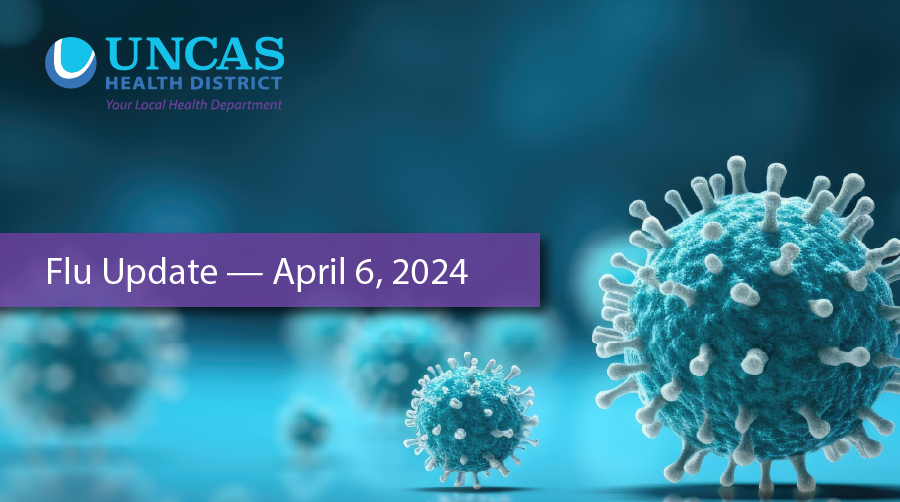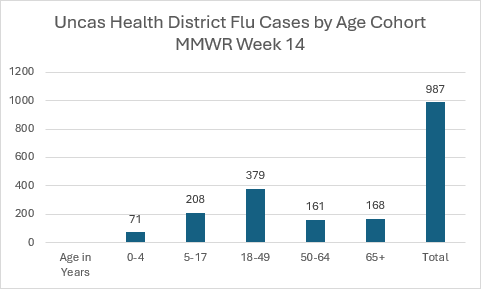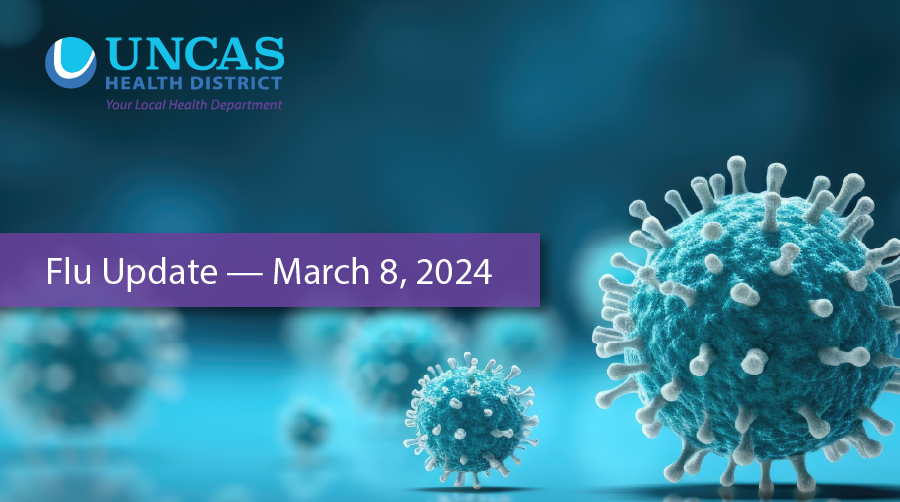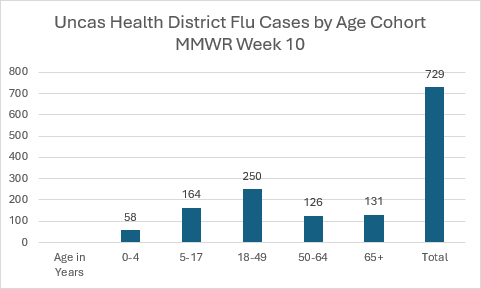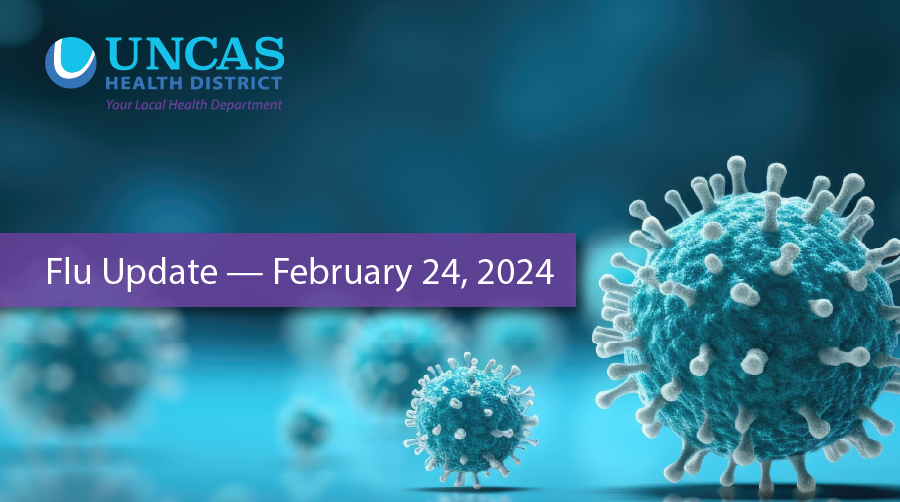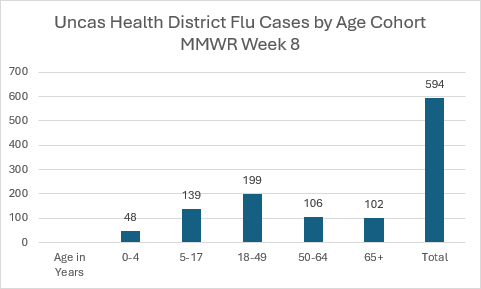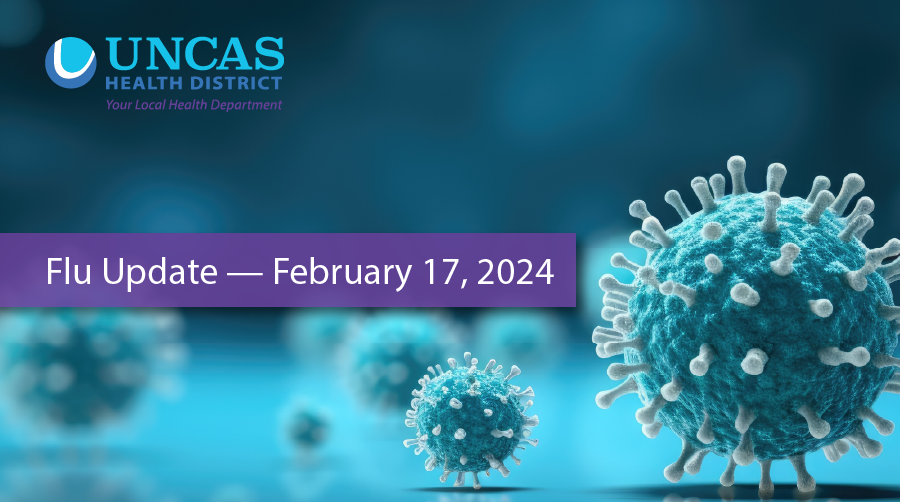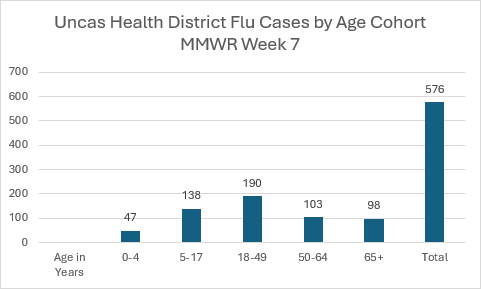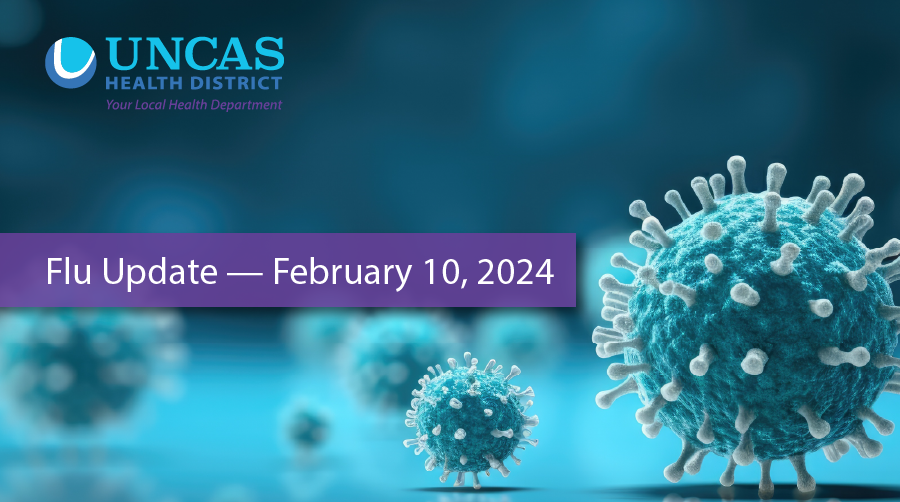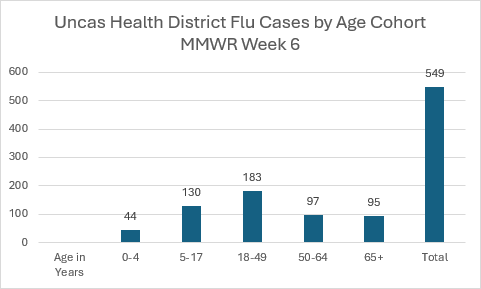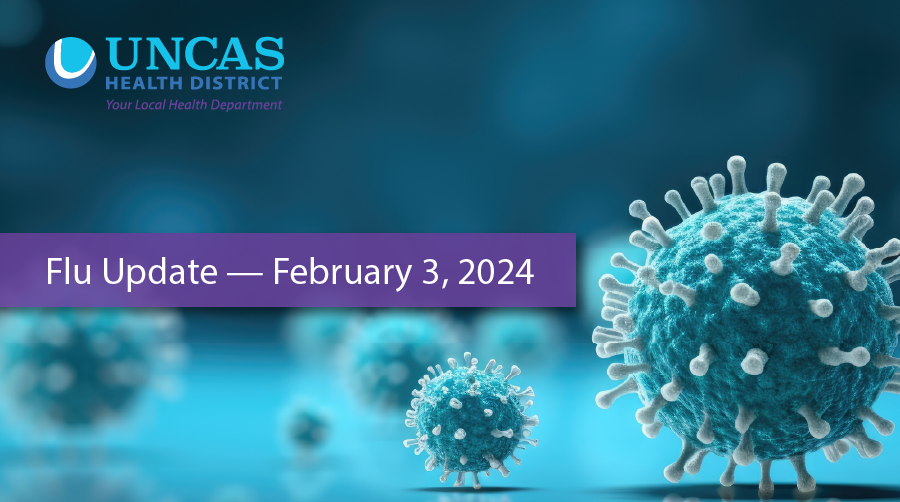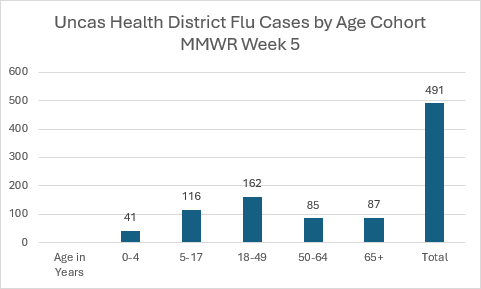When parents welcome a new baby into their lives, they know they are in for a whirlwind of new responsibilities — especially when it comes to keeping a child safe and healthy. One of the most effective ways they can do so is keeping up with a recommended schedule of early childhood immunizations.
National Infant Immunization Week, which this year is observed from April 21st to 28th, is an important reminder of the critical role vaccines play in safeguarding the health of infants and young children. Immunizations not only protect these children from preventable diseases, but also improve the overall health of our communities.
What Immunizations Are Recommended for Children Under Two?
The Centers for Disease Control and Prevention (CDC) and the American Academy of Pediatrics (AAP) have established a comprehensive immunization schedule designed to protect infants and toddlers from a range of serious illnesses. These vaccines are carefully timed to provide protection when babies are most vulnerable to these diseases.
Generally, children under the age of two are recommended to receive vaccines against the following diseases:
- Hepatitis B (HepB): Usually given at birth, with subsequent doses by 6-18 months.
- Rotavirus (RV): Given as early as six weeks old, with an additional one or two doses (depending on the brand) completed by eight months.
- Diphtheria, Tetanus, and Pertussis (DTaP): A series of four doses given at two months, four months, six months, and 15-18 months.
- Haemophilus influenzae type b (Hib): Given as early as two months and completed by 12-15 months using a series of 3-4 doses
- Pneumococcal conjugate (PCV13): A series of four doses given at two, four, six, and 12-15 months.
- Inactivated Poliovirus (IPV): A series of four doses given at two months, four months, and 6-18 months, with a final dose given between the age of 4 and 6.
- Measles, Mumps, and Rubella (MMR): The first dose is typically given at 12-15 months (a second dose is typically given between the age of 4 and 6).
- Varicella (Chickenpox): The first dose is typically given at 12-15 months (a second dose is typically given between the age of 4 and 6).
- Hepatitis A (HepA): This vaccine is typically given as two doses, at least six months apart, between 12 and 23 months
- Influenza (Flu): An annual vaccine is recommended for all children, starting at 6 months.
Parents should work with their pediatrician to ensure that they follow this recommended schedule, which offers timely protection against these potentially life-threatening illnesses.
Early Protection: Why Vaccinate So Young?
Administering vaccines to infants and young children provides critical protection when they are most vulnerable to severe complications from these diseases. Since their immune systems are still developing, they may not be strong enough to fight off these infections effectively on their own. For example:
- Measles is highly contagious and can lead to serious complications in young, unvaccinated children, including pneumonia, encephalitis (brain swelling), and death.
- Pertussis (whooping cough) can be particularly dangerous for newborns, causing severe coughing fits that can lead to difficulty breathing, pneumonia, and death.
- Hib disease can cause serious infections like meningitis (inflammation of the brain and spinal cord) and epiglottitis (swelling of the windpipe), especially in young children.
Vaccinating on schedule builds immunity before a child is exposed to these diseases, which in turn helps prevent serious illness, hospitalizations, and long-term disabilities. Furthermore, high vaccination rates within a community create “herd immunity,” which indirectly protects vulnerable individuals who cannot be vaccinated, such as newborns too young to receive certain vaccines or those with weakened immune systems.
Addressing Concerns
It’s understandable that parents may have concerns about vaccinating their young children. They may worry that the frequency of the injections and the mild side effects they sometimes bring will cause a child discomfort, and may want to wait until a child is older to vaccinate them.
It’s important to remember that early immunization offers substantial protection against preventable diseases. Any discomfort will only be temporary, and a child will suffer much greater distress if they contract one of these diseases.
Parents sometimes believe that it is preferable to allow a child to develop natural immunity to a disease, by catching it and recovering from it. However, vaccines allow a child to develop this immunity without the prolonged suffering a disease can cause. They also avoid the serious and life-threatening consequences that can occur as a result of contracting these diseases, including long-term health effects.
Unfortunately, misinformation about vaccines has circulated freely online in recent years, including the common misconception that vaccines can cause children to develop autism. This idea has been debunked by numerous scientific studies, and all vaccines recommended for young children undergo extensive testing and review by scientists, doctors, and the federal government (including the Food and Drug Administration and the Centers for Disease Control and Prevention) to ensure their safety and efficacy.
Vaccinating your child is one of the most important steps you can take to protect their health and the health of our community. By following the recommended immunization schedule, you are giving your child the best possible defense against preventable diseases.
Learn more about the Uncas Health District’s immunization work here.





